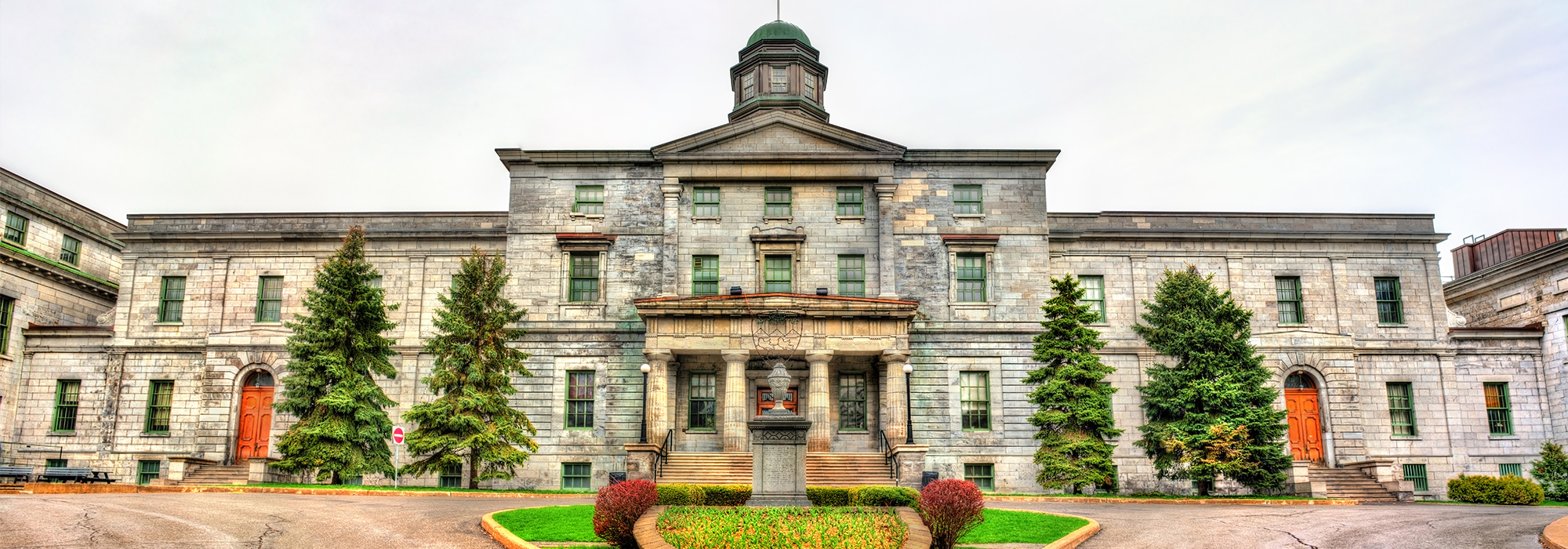
What would Montreal be without its 150,000 post-secondary students? How attractive would Toronto be for investors without its three flagship universities and many other institutions of higher learning? Why is there almost no relationship between Greater Vancouver universities and the municipalities where 8 of the province’s 11 universities are located? And in the most general sense, what would Canadian cities be like without their 250,000 international students, who bring an important cultural contribution? Canada’s big cities need their universities, and universities need their cities. But neither side seems to realize it.
Constitutional arrangements are at the root of the problem: municipalities and higher education fall under provincial jurisdiction. And provincial governments across Canada have exempted institutions of higher education from municipal taxes in order to control their transfer to municipalities. Without this exemption, municipalities could levy taxes on provincially dependent institutions, opening a back door for them to extract money from provinces.
Unfortunately, an unintended consequence of this obsolete arrangement is the almost complete absence of relations between universities and cities, and this is a problem for both parties and for Canada. Important opportunities for Canada, for cities and for universities are being missed. If universities and cities worked together, universities could become ambassadors for cities and serve local communities better, and cities could contribute to the attractiveness of universities.
Change is required because realities have changed. While still largely provincially financed institutions, universities have come to diversify their sources of revenues, first with federal government support of research, then with the increased weight of the fees levied on students and today with the emerging importance of private donations. Also, universities now look toward the international stage for partners and compete with institutions from abroad. The scope of action of universities is much broader than it used to be, reaching beyond the provinces.
It is time to think about how to build the relationship between cities and universities.
At the same time, cities are being called upon to play a greater role than ever in Canadian society. This municipal movement finds expression in a new dynamism that can be seen in the distribution of local services, urbanism and grassroots political involvement in local affairs. Calgary’s Naheed Nenshi and Quebec City’s Régis Labeaume, for example, are redefining what it means to be a mayor in Canada. New projects are burgeoning all over Canada: parklets in Vancouver, revitalization of public housing in Toronto, community-managed green spaces in Montreal. New practices are also taking form, from participatory budgeting to the greening of alleyways. But universities aren’t benefiting from this new dynamism.
The field of higher education and the role of municipalities have changed dramatically. We can no longer think of cities and universities independently. Universities and cities will grow stronger by developing more robust relationships. Both can gain from more collaboration. And this can be expressed in a new fiscal relationship.
By paying municipal taxes, universities will become important stakeholders of municipal governments and their voices will be heard. There are several areas of potential collaboration. For a start, cities and universities can collaborate to adapt public libraries to the needs of the scholarly community, and universities can make their rich collections available to the public. That would benefit all. A second area of possible collaboration is sports. University pools, soccer and football fields, arenas and other athletic facilities could benefit the whole community. And cities could chip in on these costly infrastructures.
Universities often include important green spaces. These too could benefit the whole community. And then there is public transportation. Universal access to public transport for students, professors and employees could provide the critical mass of users to build an efficient service attractive to all city residents. University night classes could be added to the basket of services municipalities offer to their residents. All these could be improved through stronger links between municipal and university administrations.
The equation is simple: a vibrant academic community will contribute to the vitality and international reputation of the city; a thriving university will attract professors and students from around the world. Professors and students will in turn become ambassadors for the city, and they would also be potential residents and contributors to the city’s economic, cultural and social life. In addition, universities need successful cities as a crucial ingredient in attracting leading professors, top researchers and international students.
It is time to think about how to build the relationship between cities and universities. A first step is for universities to pay their taxes and get the voice they deserve in the cities that are their homes.
Photo: Shutterstock







